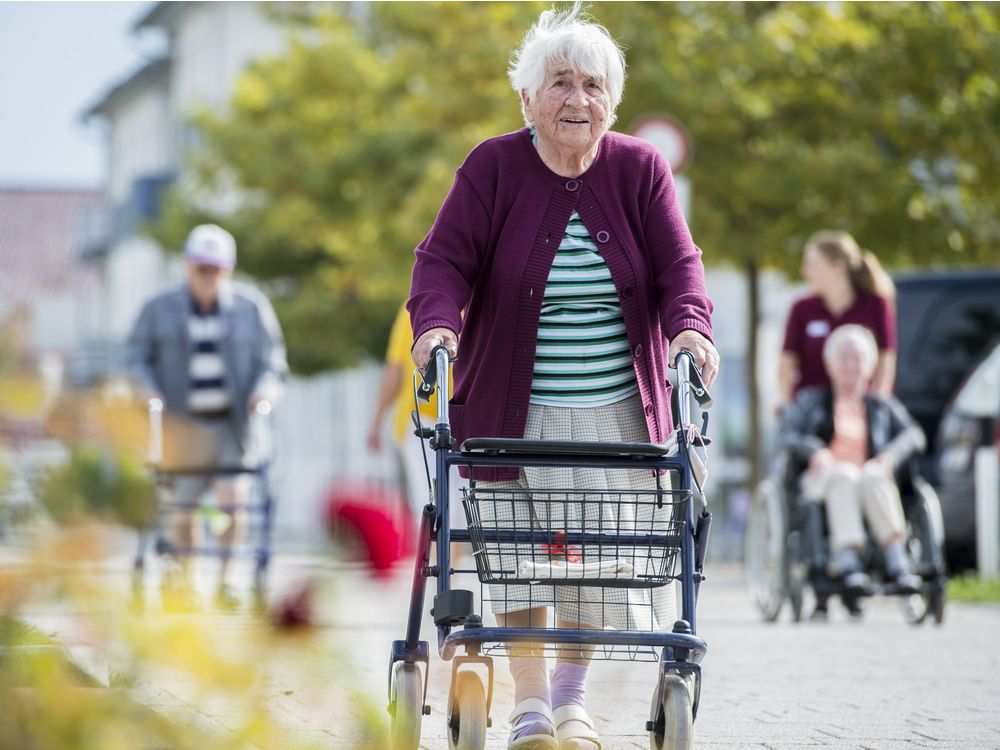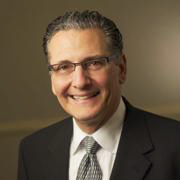The Global Ageing Network is working with the LeadingAge Center for Applied Research (CFAR) to explore the role that migrant/immigrant workers can play in delivering long-term services and supports (LTSS) to the world’s growing older population.
Sodexo, a global leader in Quality of Life Services, is funding the research project. Sodexo is a LeadingAge Gold Partner and Global Ageing Network supporter.
CFAR researchers will examine the complex issues facing nations that are experiencing a decline in the availability of native-born workers and caregivers even as the demand for qualified LTSS workers increases dramatically. Many developed nations are turning to migrants and immigrants to meet the increased demand for services and supports, says Natasha Bryant, senior research associate at CFAR and manager of the Sodexo-supported project.
“The use of a migrant and immigrant workforce has broad implications for the recruitment, retention, and working conditions of these workers,” says Bryant. “It also affects the recipients of care, the quality of care they receive, and the workplace environment at provider organizations.”
Scope of the Project
CFAR researchers will conduct a comprehensive environmental scan of the migrant/immigrant nurse and direct care workforce in the United States and across the globe. They will also conduct telephone interviews with representatives of 20 LTSS providers located in the United States, Canada, United Kingdom, Germany, Ireland, France, and Australia.
The scan and interviews will be designed to help researchers uncover new information about:
-
Factors shaping the international labor markets and migration of direct care workers and nurses, including national migration policies
-
Personal characteristics and working conditions of migrant/immigrant workers and how they differ from native-born workers
-
Opportunities and challenges associated with integrating migrants/immigrants into the LTSS workforce, including the challenge of building cultural competency
-
Strategies to help providers recruit, retain, and support migrant/immigrant workers
-
The impact of an migrant/immigrant workforce on co-workers and residents, and on quality of care
-
Exemplar programs that have successfully integrated migrant/immigrant workers into their care delivery systems
About Sodexo
Founded in 1966 by Pierre Bellon, Sodexo is a global leader in services that improve Quality of Life, an essential factor in individual and organizational performance. Operating in 80 countries, Sodexo serves 75 million consumers each day through its unique combination of on-site services, benefits and rewards services, and personal and home services.
“Sodexo is pleased to support research that will help senior living providers around the globe to strengthen the senior care workforce so that they can continue a mission that we all share, delivering high-quality services to older adults well into the future,” says James Perry, global senior manager at Sodexo Seniors Division.
You need to login in order to like this post: click here


